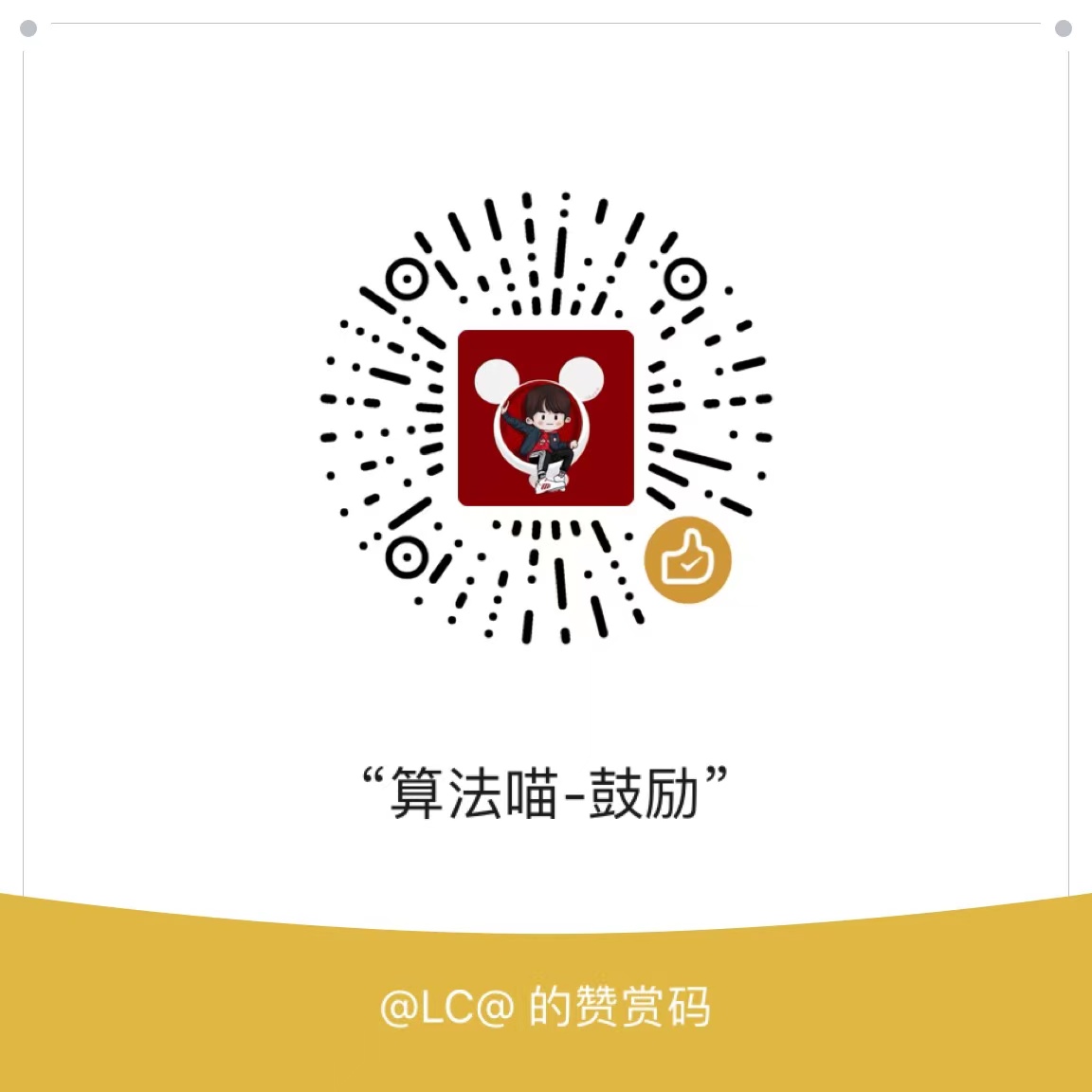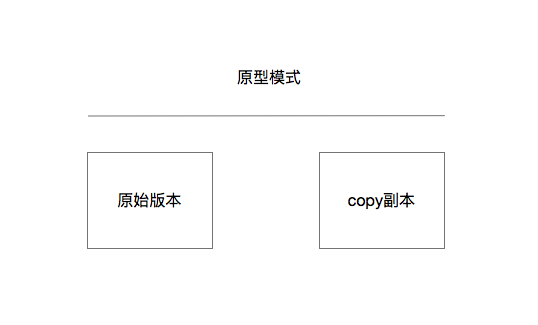共计 1552 个字符,预计需要花费 4 分钟才能阅读完成。
套用书里的一个例子,两年前你写了一本书,现在你要在此书 的基础上修订一版,你会在新版本中加入一些最新的元素,但是与之前的书相比你有很多的地方其实是不用修改的,但是你又不想直接把上一版拿过来改,万一改的不好也回不到之前的版本了,所以你想把之前的第一版复制一份出来,然后在副本上再次开发。
写到这里顿时想到了git版本管理,你在当前的master分支上开启新的分支,不就是相当于copy一份当前的代码,这就是原型模式的思想
copy当前的对象,在副本的基础上继续开发,这二者都不受影响
下面给出一个原型模式的代码
# coding: utf-8
import copy
from collections import OrderedDict
class Book:
def __init__(self, name, authors, price, **rest):
'''rest的例子有:出版商,长度,标签,出版日期'''
self.name = name
self.authors = authors
self.price = price # 单位为美元
self.__dict__.update(rest)
def __str__(self):
mylist = []
ordered = OrderedDict(sorted(self.__dict__.items()))
for i in ordered.keys():
mylist.append('{}: {}'.format(i, ordered[i]))
if i == 'price':
mylist.append('$')
mylist.append('\n')
return ''.join(mylist)
class Prototype:
def __init__(self):
self.objects = dict()
def register(self, identifier, obj):
self.objects[identifier] = obj
def unregister(self, identifier):
del self.objects[identifier]
def clone(self, identifier, **attr):
found = self.objects.get(identifier)
if not found:
raise ValueError('Incorrect object identifier: {}'.format(identifier))
obj = copy.deepcopy(found)
obj.__dict__.update(attr)
return obj
def main():
b1 = Book('The C Programming Language', ('Brian W. Kernighan', 'Dennis M.Ritchie'), price=118, publisher='Prentice Hall',
length=228, publication_date='1978-02-22', tags=('C', 'programming', 'algorithms', 'data structures'))
prototype = Prototype()
cid = 'k&r-first'
prototype.register(cid, b1)
b2 = prototype.clone(cid, name='The C Programming Language(ANSI)', price=48.99,
length=274, publication_date='1988-04-01', edition=2)
for i in (b1, b2):
print(i)
print('ID b1 : {} != ID b2 : {}'.format(id(b1), id(b2)))
if __name__ == '__main__':
main()
正文完
请博主喝杯咖啡吧!



